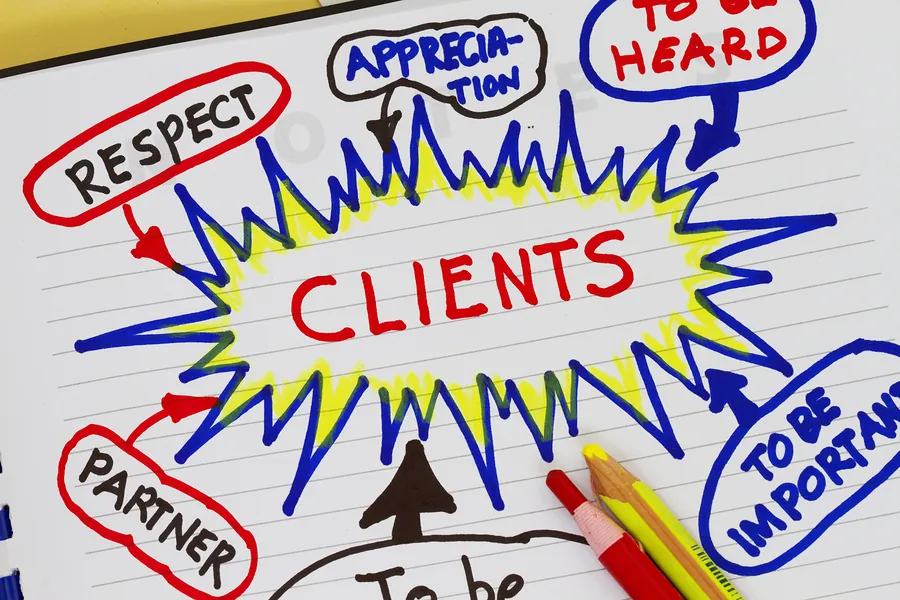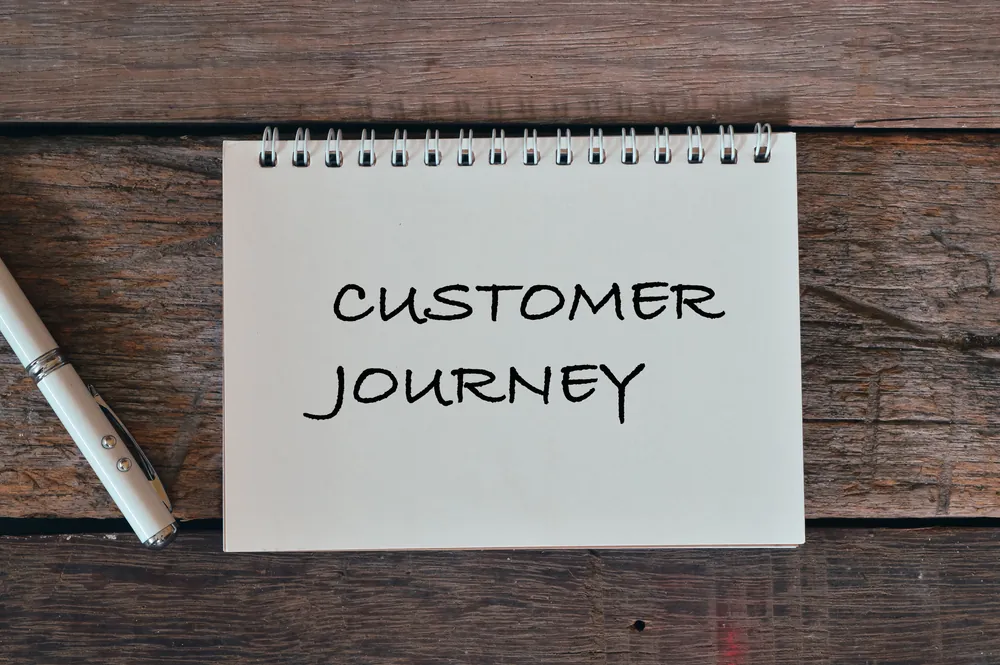Do Your Customers Feel Appreciated?

Today, most calendars list appreciation days for everyone and everything. Cat appreciation (August 7). Dog appreciation (August 26). Llamas (December 9). Teachers, nurses, customers (May 3, May 6, April 18). That’s right. We should appreciate customers on April 18, but do we take them for granted the rest of the year?
Sellers should appreciate customers every day. In fact, designating a day belies appreciation—as if sellers do not value customers on other days. But what does appreciation mean? Is it free hot dogs and one-day-only sales? For buyers in a fast-changing sales landscape, appreciation is a seller who knows them better than they know themselves. Here are five ways sellers can appreciate customers:
Show Existing Customers You Care
Of course, all businesses and salespeople want to increase sales. For many, this means new customers. While new customers are vital to success, appreciation starts with remembering existing ones.
Often, the little things show the most appreciation. Think of your own relationships. Doing something to make a partner’s day easier can mean more than a shiny gift. The same is true for existing customers.
How would your contact react to a simple surprise gesture? Maybe bump up their most recent order to meet projected demand. Check in when a sale is not pending. And it’s not a special occasion or designated appreciation day. It’s just an ordinary Tuesday, but you still thought of them.
Recognition
More than anything, appreciation is recognition. You recognize the value of this customer to your sales goals and organization. This gets lost in the day-to-day transactional nature of selling. But if you take the time to remember them, help them, reward them, you’ll make their day.
Also, recognition reminds customers of your commitment. You don’t merely make offers to secure deals. Day in, day out, you have their interests in mind. This goes a long way to building relationships and securing long-term partnerships.
Know Your Competition
Unless you corner the market with the most innovative products, you’re probably not the only seller. No matter what you offer, somebody else offers something similar. Often, this means service supersedes product. To provide the best service, you must know your competition. For customers, appreciation is a seller who knows they have options. You must consistently earn their business.
Customers will give their time and money to whoever provides the best value. To keep them, you must show your value and how it compares to the competition. If you take customers for granted, they will move on.
Remember, knowing your competition does not mean denigrating them. Though it can be tempting to be your own best cheerleader, this serves no one. It only highlights a seller’s insecurity. Express confidence in yourself and your products. Believe in both. Welcome the opportunity to contrast your offerings against anyone else’s. Appreciating your customers means providing the best value.
Know Your Customer’s Industry
No organization exists in a vacuum. They are often at the mercy of trends and conditions in their industry. If you can’t see the big picture, you can’t be much help. To understand their industry, consider these tips:
- Note important posts and links on social media.
- Follow industry experts.
- Read, watch, and stream local, state, and national news.
- Familiarize yourself with industry publications.
- Pay attention to forecasts and predictions.
If the Senate passes legislature that impacts your client’s business, you must know. Not only that, but you should also understand its effect on your client as well as their competitors. Of course, your customer will already know this. They don’t need the heads-up as much as they do your insight.
Also, if the client’s overseas competitor patents a new product, you also must know. This is at the heart of being a trusted advisor.
When you appreciate clients, you don’t forget them until there’s an issue or their orders fall off. Instead, you proactively seek ways to protect, improve, and serve their business.
Know Your Customers
The more you research a prospect, the better your initial call. This doesn’t begin and end with prospecting. Instead, it is an ongoing process. In any organization, things change fast. People come and go. Yesterday’s ancillary contact is tomorrow’s chief decision maker. Of course, this doesn’t only impact their orders. It influences every aspect of their work-flow process. To know your customers, note these tips:
- Follow social media.
- Be aware of new hires and changeover.
- Note job titles and positions.
- Be present.
- Actively listen.
- Ask questions.
In addition to the comings and goings of personnel, sellers must understand and appreciate their customer’s communication style. This includes the following:
- Accent and tone of voice
- Direct vs. indirect communication
- Sense of humor
- Body language
Appreciation is knowing the who, what, and when, whether in the office or on the golf course. It’s remembering a birthday or inquiring about a sick child. It’s treating a customer as more than a customer. It’s understanding the extent and limits of your relationships.
Selling is more than exchanging goods and services for money. Of course, this applies to anyone who sells, from the corner lemonade stand to the largest online retailer. However, in B2B sales, it takes on a different dimension. Today, with more educated buyers and an ever-changing sales environment, it’s not enough to push products. The best sellers build relationships and secure long-term partnerships—which makes an appreciation day so quaint. As in every relationship, there’s a give and take. Buyers and sellers invest in each other, both personally and professionally. Appreciating customers means knowing them on a deeper level than products and payments.

- Account Planning (11)
- Awards (50)
- Client Testimonial (37)
- Personal Branding (19)
- Podcast (11)
- Research (68)
- Sales Career Development (85)
- Sales Coaching (154)
- Sales Consulting (133)
- Sales Culture (164)
- Sales Enablement (340)
- Sales Leadership (108)
- Sales Management (242)
- Sales Negotiation (16)
- Sales Prospecting (124)
- Sales Role-Playing (18)
- Sales Training (229)
- Selling Strategies (255)
- Soft Skills (67)
- Talent Management (92)
- Trusted Advisor (27)
- Virtual Selling (41)
- Webinar (10)




























